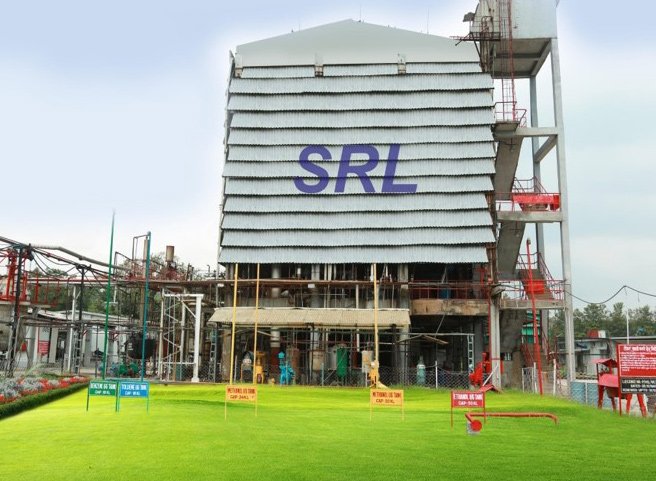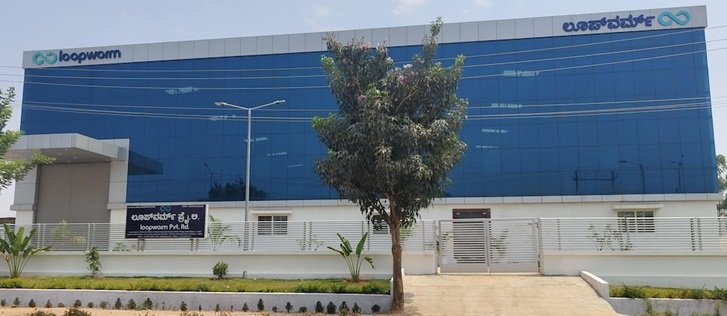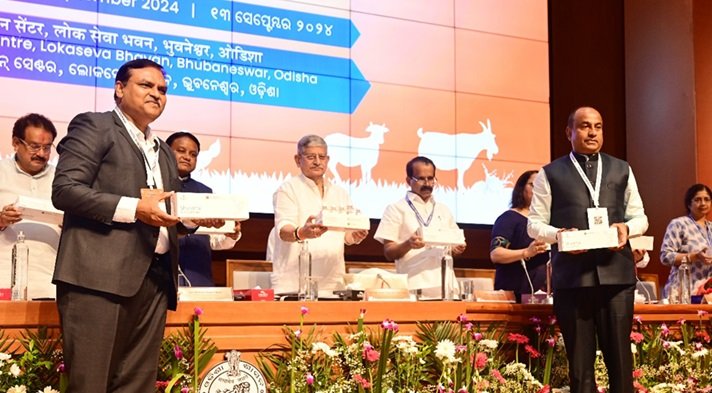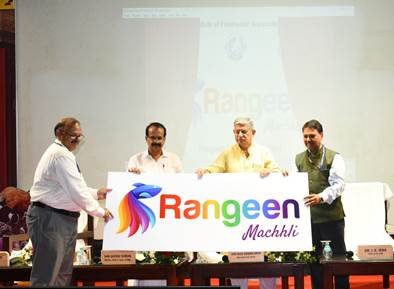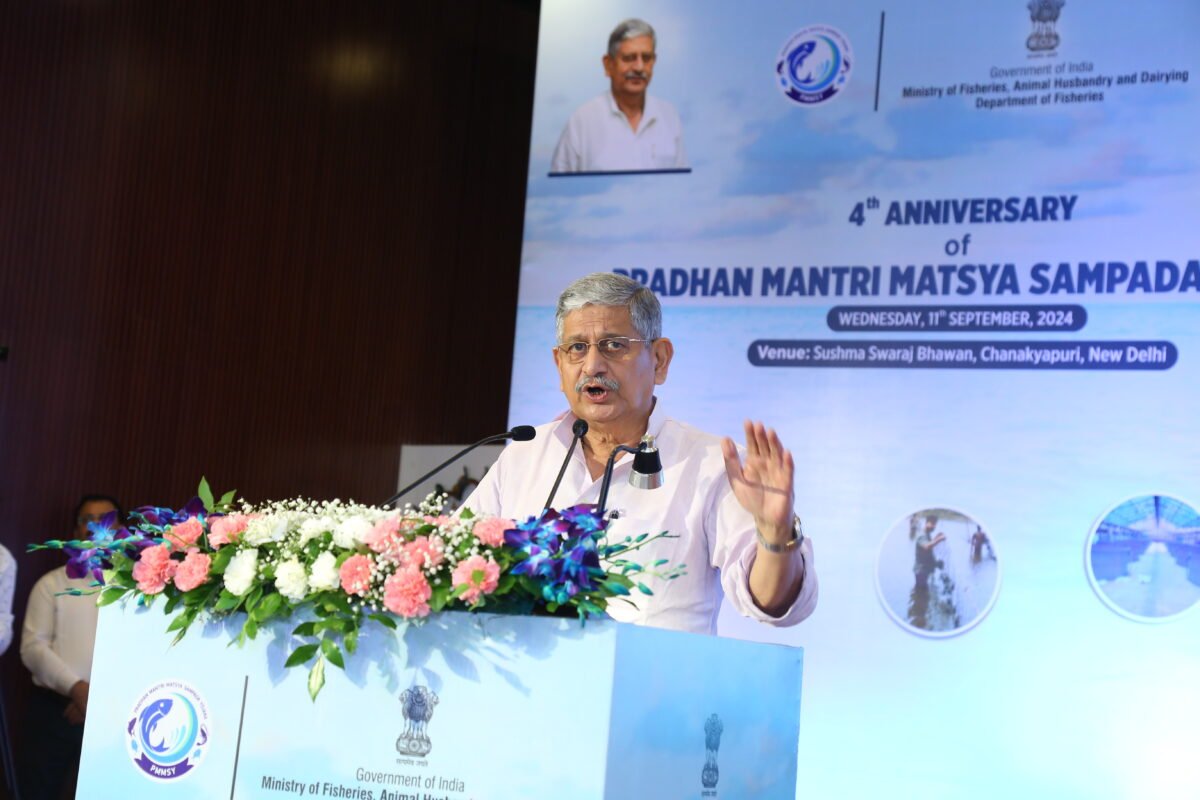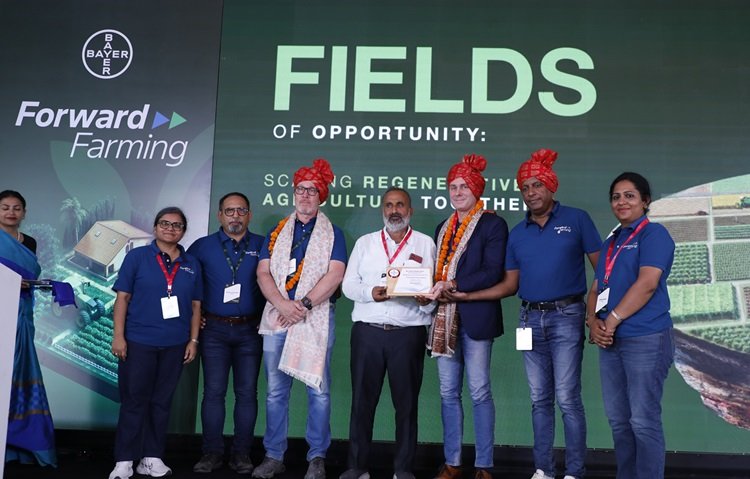Surya Pratap Shahi, Minister of Agriculture, Government of Uttar Pradesh, was addressing conference organised by Federation of Seed Industry of India (FSII).
Seed and agriculture experts called for enhancing collaborations for outcome-driven research, achieving self-reliance in oilseeds, cotton, and maize, implement IPR effectively to boost R&D investments. They also called for developing progressive trade policies to ensure a dynamic and future-ready agriculture sector, at a conference organised by Federation of Seed Industry of India (FSII), an apex body of India’s seeds industry.
This conference was held as part of its 8th Annual General Meeting. Minister of Agriculture, Government of Uttar Pradesh, Surya Pratap Shahi, emphasised on the importance of creating an enabling environment for augmenting the agriculture sector through progressive trade policies and introduction of modern agricultural technologies. “Technology intervention is the key to bringing convenience and prosperity to our farmers. With Uttar Pradesh contributing a third of the nation’s wheat production, we recognise our state’s immense potential in the seed industry. Yogi Adityanath’s Government in UP seeks to establish a seed park and a common resource centre for advanced research with support of the private seed industry”, said the Minister Shahi.
Extending an invitation to the seed industry for investments in Uttar Pradesh, Shahi announced, “We are poised to establish a State-of-the-art seed park in Lucknow, spanning 200 acres. This initiative aims to provide our farmers with high-quality, high-yielding, and climate-resilient seed varieties, paving the way for enhanced productivity and prosperity of the farmers. We welcome insights and collaboration from all stakeholders and invite the seed industry for public-private partnership. Together, we will make India self-reliant in production of superior seeds, contributing to a resilient and prosperous agricultural future.”
Ajay Vir Jhakar, Chairman, Bharat Krishak Samaj, strongly advocated for deploying modern science and technology to address the challenges facing Indian agriculture. “It is important to ensure investments in agricultural R&D and ensure alignment between state and central governments to effectively leverage innovative technologies for the benefit of the farmers. Furthermore, strengthening extension system for promoting good agronomic practices that conserve natural resources and developing climate-resilient crops are essential for sustainable progress” he said.
With a renewed focus by the Government, India’s agricultural sector is currently undergoing a significant realignment to meet the evolving priorities outlined for Amrit Kaal, a period described by Prime Minister Narendra Modi as a time for transformative growth. The sector’s focus is shifting towards achieving self-reliance, streamlining agricultural research, increasing investments in sustainable technologies, and strengthening intellectual property frameworks. Experts highlighted emerging opportunities in seed technology and agri-business, which have the potential to revolutionize agricultural production.
Prof Vijay Paul Sharma, Chairman of the Commission for Agricultural Costs and Prices (CACP), Govt of India, emphasized, “Agriculture must shift from a subsistence model to a commercial, industry-oriented approach. As a country, we need to focus more on pulses and edible oilseeds, invest in research, and develop climate-resilient crop varieties. Our four-pillar strategy includes Technology deployment, Institutional mechanisms, Infrastructure development, and ensuring remunerative prices for the farmers. Mechanization and enhanced market infrastructure are crucial”.
Ajai Rana, Chairman of FSII and MD & CEO of Savannah Seeds, commented, “Creating an enabling environment for this transition requires the development of appropriate policies and institutions, an encouraging regulatory environment, and significant public and private investments in agriculture and agri-business. Strengthening Intellectual Property Rights is crucial to achieving these objectives, which will in turn support India’s goal of Viksit Bharat through inclusive development, green growth, and employment generation during Amrit Kaal.”
Strengthening agricultural research and embracing public-private partnerships (PPP) is essential for addressing climate change challenges and enhancing India’s agricultural resilience. Investing in advanced research will develop crop varieties with better drought tolerance, flood resistance, and improved nutrient efficiency, ensuring productivity and food security. Simultaneously, effective PPPs pool resources and expertise, driving innovation and creating a supportive environment for agricultural advancement. This collaboration bridges research gaps, streamlines technology transfer, and builds capacity, helping to achieve India’s ambitious agricultural goals and ensuring long-term sustainability.
Surya Pratap Shahi, Minister of Agriculture, Government

